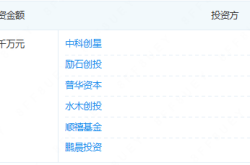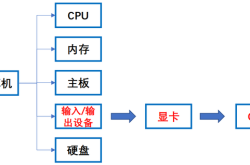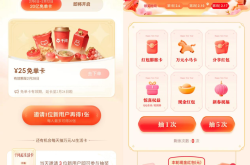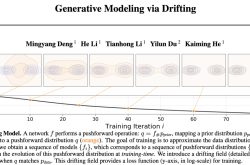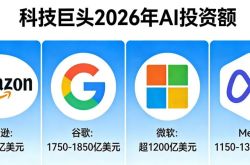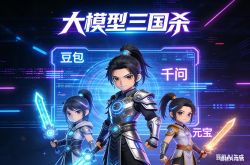AI agents are coming, will Apps die?
![]() 11/13 2024
11/13 2024
![]() 526
526
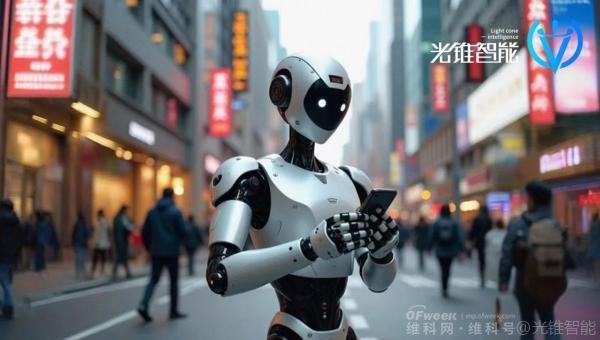
The first cup of coffee this autumn was ordered by an agent.
Starting from September, both Alipay's AI App Zhibaobao and Zhipu's AutoGLM can help users order a less-sweet, ice-free fresh coconut latte. Honor even went all in - letting agent YOYO order 2000 cups in one go.
When multimodal technology equips agents with "eyes" and "ears," they begin to demonstrate promising operational capabilities akin to human butlers - this generation of agents starts learning to help humans "play with their phones," from daily shopping and WeChat Moments commenting to travel planning, AI can handle it all for users.
Is the mobile internet ushering in a new revolution of agents?
In the mobile internet era, super Apps formed closed-loop traffic by integrating services, but the emergence of agents is poised to redefine the connection between humans and services.
People are beginning to worry whether this change will redefine the new landscape of tech companies: with agents coming, will Apps die?
The answer is, Apps that cannot be killed will evolve further with the help of agents.
Today, super Apps are far more than just software; they are gateways to a lifestyle.
For example, using Alipay is not just about payments, but also about financial management, travel, healthcare, tourism, and more; using Meituan is not just about food delivery, but also about local lifestyle hubs encompassing dining, supermarkets, movies, and more; using Douyin is not just about short videos, but also about a business ecosystem hosting massive video content.
In the past mobile payment era, these super Apps got their hands dirty, setting up QR codes and mini-programs, and building a digital service network through openness. In the AI era, they can similarly get their feet wet, connecting with millions of offline merchants and institutions, helping millions of merchants and institutions upgrade from digitization to intelligence.
Only when agents connect with real user needs can they truly take root and flourish. Whoever can build the next agent ecosystem that fully meets user needs will become the gateway king of the AI era.
From underdog to hit, agents recognize "real needs"
'Able to respond to natural language and complete many different tasks based on an understanding of users, known as agents. Agents will not only change the way everyone interacts with computers but will also be the next platform.'"
Bill Gates' definition of agents is also our imagined future of the AI era.

However, in the first half of the year, major companies flocked to bet on the 1.0 stage of agent platforms, investing real money but failing to make much of a splash in the traffic pool.
Overseas, Open AI's GPT Store launched in January this year, and Ultraman hoped it would become the next "App Store"; domestically, companies like ByteDance, Baidu, Alibaba, and others also successively released agent platforms, hoping to create "Super Agents."
However, in the 1.0 era, limited by the development of multimodal capabilities, agents at the time were more like articulate AI chatbots that could provide users with knowledge but could only stop at obtaining advice.
Therefore, in terms of user stickiness, most people still maintain a "try-it-out" attitude towards agents. Even with the huge traffic backed by large companies, agents have shown weak growth in subsequent performance, and no Super Agent has emerged on the platform so far.
Ultimately, it is the large number of pseudo-needs created by AI capabilities that fail to address users' real pain points.
Compared to the 1.0 stage, agents 2.0 recognize the direction in specific scenarios and attempt to address users' "real needs."
Previously, B-end applications of AI agents were mostly concentrated in code writing and assisted creation, while on the C-end, agents for user companionship, psychological counseling, and more have emerged. As of July this year, according to QuestMobile statistics, copywriting, workplace office tasks, and emotional companionship have become common directions for agent implementation in mainstream AIGC products.
According to AI Product Rankings, in just this year alone, the number of agents increased by 179,000, 1.5 times faster than the growth rate of apps on the App Store.
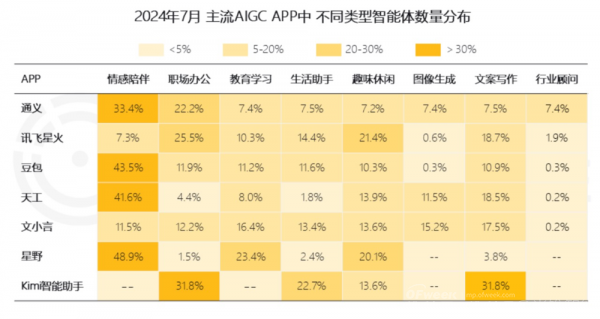
Source: QuestMobile
In the second half of this year, agents have demonstrated many changes in multitasking collaboration.
'Today's large model intelligence is evolving from simple to complex applications, especially in the expansion from agents to o1 inference models, gradually evolving the system to continuously interact with the outside world,' said Zhang Fan, COO of Zhipu.
The envisioned one-sentence food delivery and flight booking are becoming a reality:
In September, Alipay launched its first service-oriented native App Zhibaobao, which, as an AI life butler, can help users with their "clothing, food, shelter, and transportation" needs, completing daily tasks like ordering food, swiping subway codes, and hailing taxis with just commands. It can also intelligently perceive the time and space of user usage, intelligently recommending services such as news podcasts, express inquiries, and travel guides.
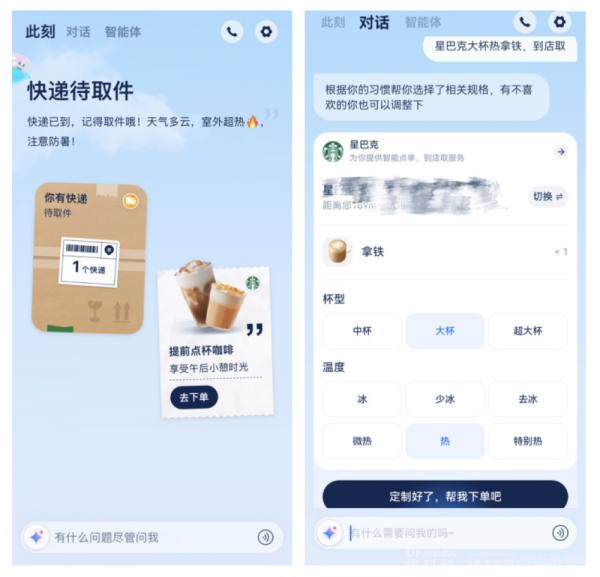
In October, Zhipu launched the agent AutoGLM, which can autonomously select multiple Apps for operation, helping users complete mobile interactions.
Subsequently, mobile phone manufacturers also followed suit, with Honor's YOYO smart assistant and vivo's Phone Use both capable of completing cross-application operations with a single command.
In the past, users needed to navigate complex interfaces to find massive functions, effectively increasing the cost of use. Now, users only need to express their needs through voice or text, and agents can directly access services, pushing the desired services directly to users.
At this point, by cutting into rigid daily life scenarios, agents 2.0 have found a breakthrough direction - "butler" agents.
From ordering takeout, adding items to the cart, to canceling automatic App renewals, manufacturers are trying to integrate agents into our daily lives, further simplifying the steps of human-service interaction and freeing users from mechanical daily interactions. For example, "Zhibaobao" has always emphasized that "saying a sentence can get things done."
Although many "AI butler products" currently on the market can provide a relatively limited number of AI services and cannot yet perform more complex, personalized tasks, this evolutionary direction of human-computer interaction at least shows that technology is moving in a new direction - besides conversation, AI can also "act based on my cues," making life a bit simpler.
In the AI era, are mobile phone manufacturers or Apps the dominant force?
In the mobile internet era, traffic is life. The emergence of agents will also reshape the rules of traffic distribution.
In the 1.0 era, from overseas to domestic, tech companies were trying to build Super Agent platforms to aggregate traffic through agents.
But the mindset has changed in the 2.0 era. Now, everyone is trying to turn agents into "smart butlers" in mobile phones, becoming new gateways connecting users and services.
This change is most evident in the layout of mobile phone manufacturers. At the 2024 Berlin Consumer Electronics Show in Germany, Fang Fei, President of Honor's product line, said, "If current smart assistants are manual driving on mobile phones, then AI agents will be autonomous driving on mobile phones in the future."
Perhaps there will be such a prophecy: when mobile phone agents start learning to call up required functions across applications, such as using Meituan for takeout and opening Taobao for daily necessities, by decomposing task scenarios and selecting different Apps to complete tasks. Correspondingly, super Apps only need to provide some interfaces for agents to call, and over time, Apps will become part of agents' capabilities, and the traffic that should have flowed to super Apps will also go to agents.
But in a diverse business era, competition and cooperation are the norm. On the one hand, mobile phones and super Apps need to refine AI products and win users with product competitiveness, competing for the initiative in new gateways; on the other hand, just as the prosperity of the mobile internet is the result of collective efforts, the service network in the AI era is also not monopolizable by any tech giant, and openness and cooperation remain the future path of AI.
As Zhao Ming, CEO of Honor, said, there is a synergistic relationship between the two, and after finding the boundary points, everyone completes their respective tasks through coordination.
For mobile phones, agents need a large amount of integrated service resources to provide a complete service ecosystem.
For Apps, they can delve into vertical scenarios, evolve with the help of agents, and rejuvenate many services in the AI era; at the same time, they can explore more ways to play with the linkage of software and hardware through cooperation with mobile phone manufacturers.
For example, as manufacturers rush to create AI search products, community Apps including Xiaohongshu and Zhihu are trying to leverage their long-term accumulated content advantages to create vertical search services. Taking Zhihu as an example, it aims at the academic search track and launches a professional search function in Zhihu Direct Answers, becoming the first vendor to provide a one-stop solution for AI search and legitimate paper libraries.
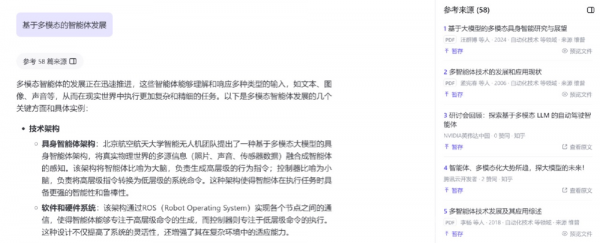
In the current wave of agents, ecological capabilities will also become the killer app and moat for Apps.
With 4 million merchant institution mini-programs and over 8,000 life service capabilities, Alipay's AI life butler "Zhibaobao" can support various life services such as taxi hailing, food ordering, ticket booking, subway code scanning, express inquiries, phone bill payments, and bill inquiries - this ecological integration capability is difficult for pure agent platforms to catch up with.
At the same time, the current AI coffee ordering operations demonstrated by mobile phone manufacturers still use technical solutions such as screen recognition and simulation operations (you will see AI helping you check the screen and click buttons), which have high requirements on mobile phone performance and also have issues such as slow speed and single service.
To make AI better, supply-side changes in services are needed - a large number of merchant institutions can also go "AI," create their agents, and promote innovations in life services through open interfaces. Only when more merchant institutions have agents can AI go beyond simple operations like ordering coffee, helping you order more, faster, and more accurately, and even finding the most suitable coupons for you.
Undoubtedly, just like building millions of mini-programs in the mobile internet era, building an agent ecosystem in the AI era is what national Apps like WeChat and Alipay excel at. Combining unique platform ecosystems, Apps can also become new agent platforms and break through the AI melee with differentiated services.
For example, after launching the intelligent assistant App "Yuanbao," Tencent also created the agent platform "Yuanqi"; Alipay also launched the intelligent agent development platform "Treasure Box" to allow merchant institutions to provide users with more updated services through agents.
Take "Huang Xiaosong" as an example; it is an agent launched by the Huangshan scenic area on the Zhibaobao platform, providing services such as real-time scenic spot navigation, restaurant recommendations within the scenic area, and power bank inquiries for tourists visiting Huangshan.
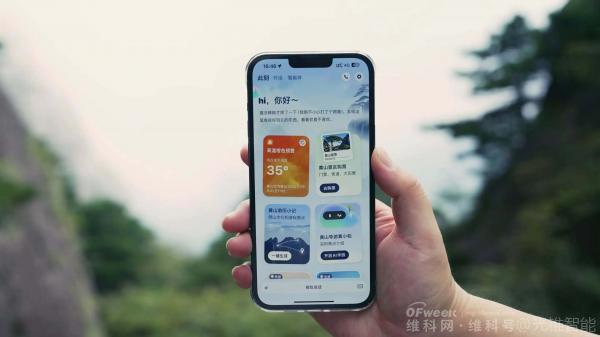
In addition, App manufacturers can also step out of mobile phones and interconnect with more smart hardware, such as AR glasses, smart speakers, and smart car systems. In the future, AI will be everywhere, services will be available at a moment's notice, and human-computer interaction will become more diverse and innovative.
Previously, Doubao, a subsidiary of ByteDance, launched the AI agent earphone Olla Friend, arranging an "AI friend" with capabilities such as a personal assistant, English tutor, travel guide, and emotional support for users; the upcoming Rokid new AR glasses will also collaborate with Zhibaobao to launch functions such as AI taxi hailing, AI food ordering, and voiceprint quick payment, covering more life scenarios.
In the AI era, the reshuffle cycle will be further shortened. Zhu Xiaohu once bluntly said, "When everyone rushes into a trending sector, if you don't make it to the top after six months, that trending sector basically has nothing to do with you anymore." When a short-lived trending sector arrives, no one wants to leave the table first. AI will spawn the next generation of new mobile phones, and Apps also hope to evolve again with the help of AI. Those who take the lead in layout will undoubtedly win the next era.
But more importantly: fast alone, far together. In the AI era, there is no monopoly; there is competition and even more cooperation. Openness and connection are the original meanings of the internet. Entering the AI era, the mutual openness of software and hardware and the interconnection of countless agents can only catalyze true change.

